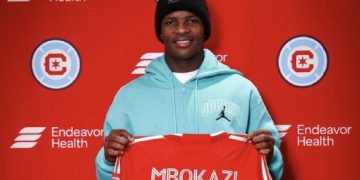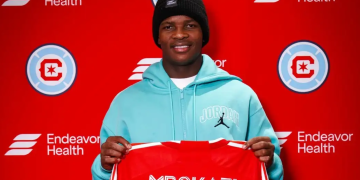“The spelling of “Curriculum Vitae” is often incorrect. In fact, often silly spelling errors will put me off as it’s indicative of poor attention to d
5 things you need to know before you send your CV to an Employer – JobsDirect chat with Recruitment Managers
We chatted to a Human Resources Manager of a prominent Mining Company about the do’s and don’ts of putting a solid resume together.
Going the www.jobsdirect.co.za route goes a long way into helping you find the perfect career. Not only do they narrow down your options, but they tailor your CV to match with a company’s specific requirements.
But just because *Jobsdirect* is there to assist you, does not mean that you should be sending out CVs and cover letters with sloppy mistakes.
We ask Human Resources Manager (ST) from Anglo American some key questions to increase your chances of getting that job.
*Jobsdirect*: What’s the first thing you look at when you’re looking at an applicant’s CV?
*ST*: “A good CV should have a concise career summary / introduction / cover letter which include important details such as qualifications, experience and notable achievements.
This is what I always refer to first to assess the suitability of the applicant for the particular vacancy I am recruiting for. It also gives me an idea of how the candidate thinks as well as their general level of writing skills.”
*Jobsdirect*: When it comes to compiling and setting up your resume, what are the words or phrases that job applicants should avoid including in their CVs?
*ST*: “There are unfortunately so many buzzwords that people keep using, even though they have lost their usefulness. Think of phrases like “self-starter”.
What does that even mean anymore? Other less than desirable terms to use include “guru”, “mogul” and “savvy”.
If it’s not a hard skill, avoid defining yourself by it. Rather stick to concrete skills such as people management and experience with software programs. Talk about what you can do, not who you are as this is subjective.”
*Jobsdirect*: Let’s talk about CV length. You have to go through hundreds of CVs per day. How long should resumes be and what is the most important information that it should include?
*ST*: “There is this terrible misconception out there that CV’s should not be longer than a few pages. In my opinion, this is complete nonsense. You need to be able to include details of your roles in each job, your qualifications and achievements.
Be sure to include your e-mail and cell number. You will not believe how often I cannot get in touch with a great candidate because there are no contact details on the CV! As soon as it becomes hard work to reach you, chances are good you won’t be contacted.
Indicate dates you have worked at each role, including the months. It sounds silly but 2013-2014 could be for 2 months or two years. Be specific! Also state your reasons for leaving each position.
Include all your duties in each role. If this is tricky, think through a typical day and week. What did you do? Which activities took up the most time?
A list of your key skills and competencies is always a good idea. Often HR personnel look for key works and this is a quick way to highlight your skills without going into the depths of your CV.”
*Jobsdirect*: What are some of the most common mistakes you see in cover letters and resumes?
*ST*: “The spelling of “Curriculum Vitae” is often incorrect. In fact, often silly spelling errors will put me off as it’s indicative of poor attention to detail.
Formatting errors are also commonplace. If you pick a font, stick to it. Ensure that is a legible font like Arial or Times New Roman. Do not use Comic Sans or cursive fonts. Also, do not type your whole CV out in capital letters. Tests have proven that this is slower to read and is hard on the eye.
Keep your format simple. Do not use colors unless absolutely necessary.
Number each page with a footer that also includes your name and contact details. This is in case pages get muddled up or go missing.”
*Jobsdirect*: In some cases applicants often tend to be worried about their lack of experience. How big of a role does this play when you’re recruiting an applicant in your company? Do the people with the best experience always end up getting the job?
*ST*: “Actually, no. Sometimes we will opt for a candidate because they are a better culture fit for the team. I look at not just experience, but also the kind of companies the candidate comes from. Will they fit in well in our organization?
Do they have a stable history at previous employers? There are many factors, not just education and experience. The whole person needs to be taken into consideration when recruiting.










